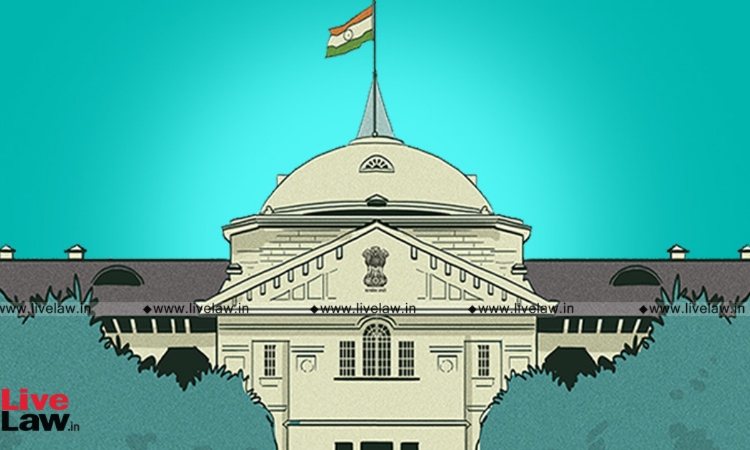Major Penalty Cannot Be Imposed If Inquiry Concluded Without Oral Testimony By Witnesses: Allahabad High Court
Upasna Agrawal
17 Nov 2023 1:35 PM IST

Next Story
17 Nov 2023 1:35 PM IST
The Allahabad High Court has held that inquiry shall be flawed if oral testimony is given a go-by in cases involving imposition of major penalty.While allowing the writ petition, Justice J.J. Munir observed that the establishment has to prove its case before the inquiry officer by leading evidence. Merely pointing out that the petitioner has not disputed the authenticity of documents produced...
